Trump’s Return Speech Shakes the UN, Launches Broadside Against Multilateralism Beyond ‘America First’
Input
Modified
First UN speech of second term marked by relentless reproach Deep mistrust in multilateralism laid bare Funding halted following U.S. withdrawal from Human Rights Council
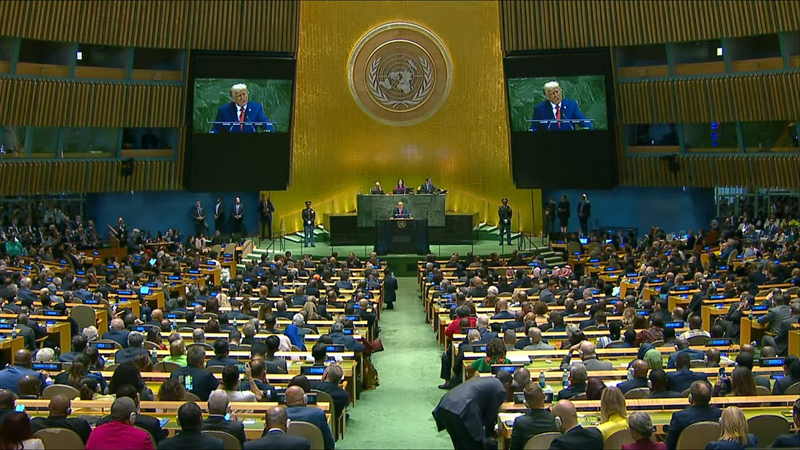
U.S. President Donald Trump, in his first United Nations General Assembly address since the start of his second term, directly assailed the UN’s ineffectiveness while claiming he had ended seven wars in place of the institution. He denounced climate action and carbon reduction policies as a fraud, accusing them of steering nations toward failure. His remarks were interpreted as an attempt to undercut the multilateralism long pursued by the international community. Some observers warn that by relinquishing its global leadership, the United States is creating a vacuum that China is poised to exploit by invoking the UN Charter’s founding principles.
“UN Incites Aggression and Deepens Crises”
On 23 September in New York, President Trump declared that the UN “is fueling global conflict instead of resolving it.” His address marked his first UN appearance in five years since 2020, and the first in person since 2019. “The UN must stop inciting aggression or funneling funds to perpetuate it,” he asserted. “Drafting sternly worded letters without any follow-up action cannot end wars,” he added.
Trump claimed that by wielding U.S. power responsibly, he had brought peace worldwide. He cited peace accords between Armenia and Azerbaijan, Thailand and Cambodia, and Rwanda and the Democratic Republic of Congo as evidence, declaring, “Over the past seven months, I ended seven wars that were deemed impossible to end.” He lamented, “It is regrettable that I had to do what the UN should have done,” noting that the UN “did not even attempt to assist U.S.-brokered peace negotiations—not a single phone call offering help.”
On climate change, Trump branded UN-led initiatives a fraud. “In 1982, the UN predicted climate change would bring global catastrophe within 20 years. In 1989, it claimed every nation would disappear from warming within a decade. None of that happened,” he said. Warning member states, he added, “If you fail to escape this green scam, your nations will fail.” He devoted much of his remarks to denouncing immigration policies of former presidents Barack Obama and Joe Biden, contrasting them with his own stringent measures over the past eight months.
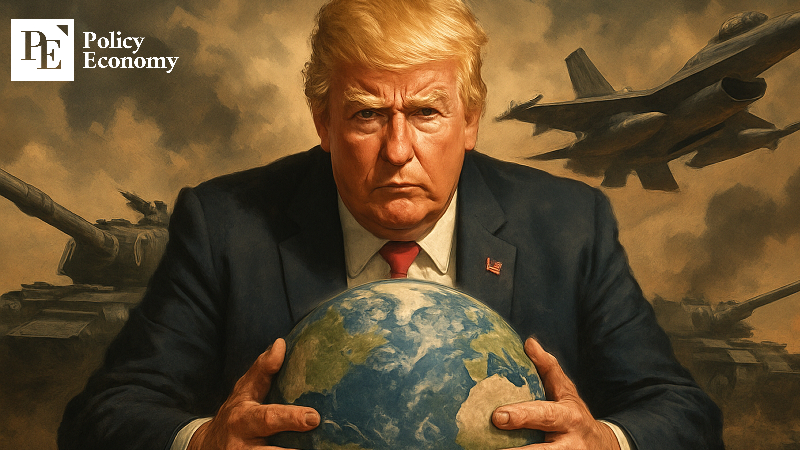
UNESCO and Other Agencies Deemed Contrary to American Interests
This was not the first time Trump laid bare his distrust of the UN. On 4 February, just two weeks into his second term, he signed orders withdrawing from the UN Human Rights Council (UNHRC) and the UN Relief and Works Agency for Palestine Refugees (UNRWA), halting funding entirely. He argued that U.S. taxpayers had long borne an outsized share of these institutions’ budgets, while their decision-making remained biased and unfair. Indeed, the U.S. seat was left empty during the 58th UN High-Level Session that month.
In July, Washington formalized its withdrawal from UNESCO. White House Deputy Press Secretary Anna Kelly said, “UNESCO pushes divisive cultural and social agendas, which are fundamentally at odds with the will of the American people. President Trump will always put America first and ensure U.S. participation in international bodies aligns with national interests.” State Department spokesperson Tammy Bruce added that UNESCO’s recognition of Palestine as a member state “directly contradicts U.S. policy and fuels anti-Israel rhetoric.”
The United States also announced it would not participate in the UN’s Universal Periodic Review (UPR) report scheduled for November. The State Department stated, “The United States will neither join the UPR mechanism nor submit a report,” explaining that participating would “ignore the fact that the UN fails to condemn the world’s most egregious human rights abusers.” It added pointedly, “The United States will not accept lectures on human rights from members such as Venezuela, China, or Sudan.” The UPR is a core UN mechanism assessing human rights conditions across member states and issuing annual recommendations.
China Exploiting U.S. Withdrawal to Promote Multilateralism
Observers warn that such moves under Trump are drastically undermining America’s global leadership. The progressive think tank Center for American Progress (CAP) argued in an April report that “President Trump’s foreign policy erodes America’s soft-power assets of democracy and human rights, effectively abandoning hard-won diplomatic standing,” and that “China is seizing this vacuum as a strategic opportunity to reshape world order.”
China, in contrast, has vigorously championed UN-led multilateralism. At a high-level UN session in February, Chinese Foreign Minister Wang Yi stressed peaceful and secure global governance. “The momentum of multilateralism is irreversible, and the UN’s role today can only be strengthened, not diminished,” he said, pointedly urging the U.S. to uphold the UN Charter’s founding principles. He emphasized that China, as a founding UN member, has joined nearly all major international organizations and agreements, playing a “constructive role in resolving disputes peacefully.”
On 30 August, Xie Feng, China’s ambassador to the United States, addressed a Victory Day commemoration in San Francisco, urging Washington to recommit to multilateralism. “Eighty years ago, the U.S. and China, as victors of World War II, founded the UN together,” he said. “The United States must uphold the postwar international order and honor the principles of the UN Charter by practicing genuine multilateralism.” Two days later, President Xi Jinping delivered a keynote speech at the Shanghai Cooperation Organization summit, stressing the need for genuine multilateralism within the bloc of nations aligned against the West.


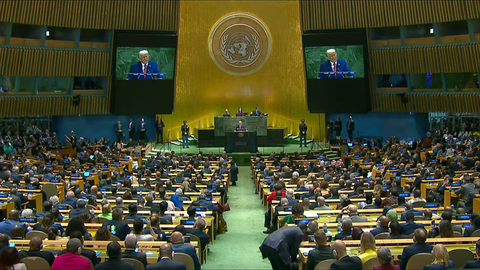
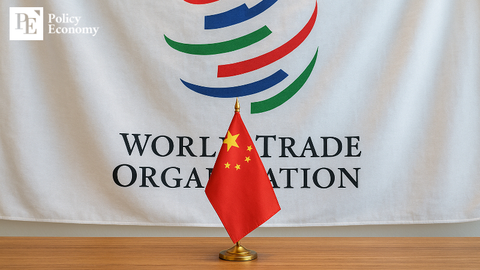

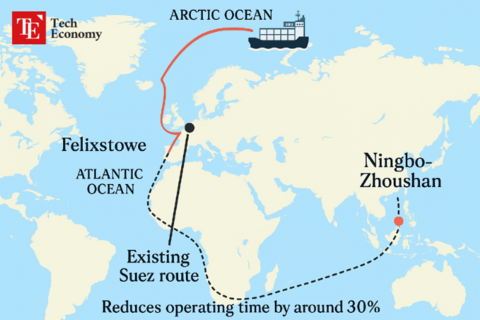
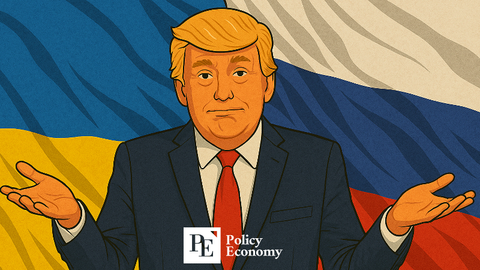


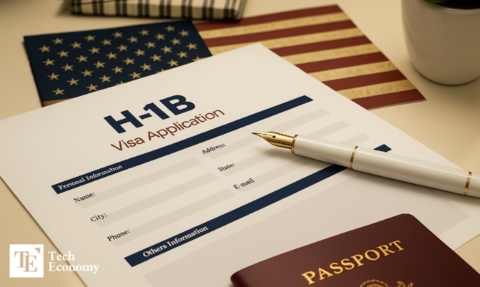












Comment